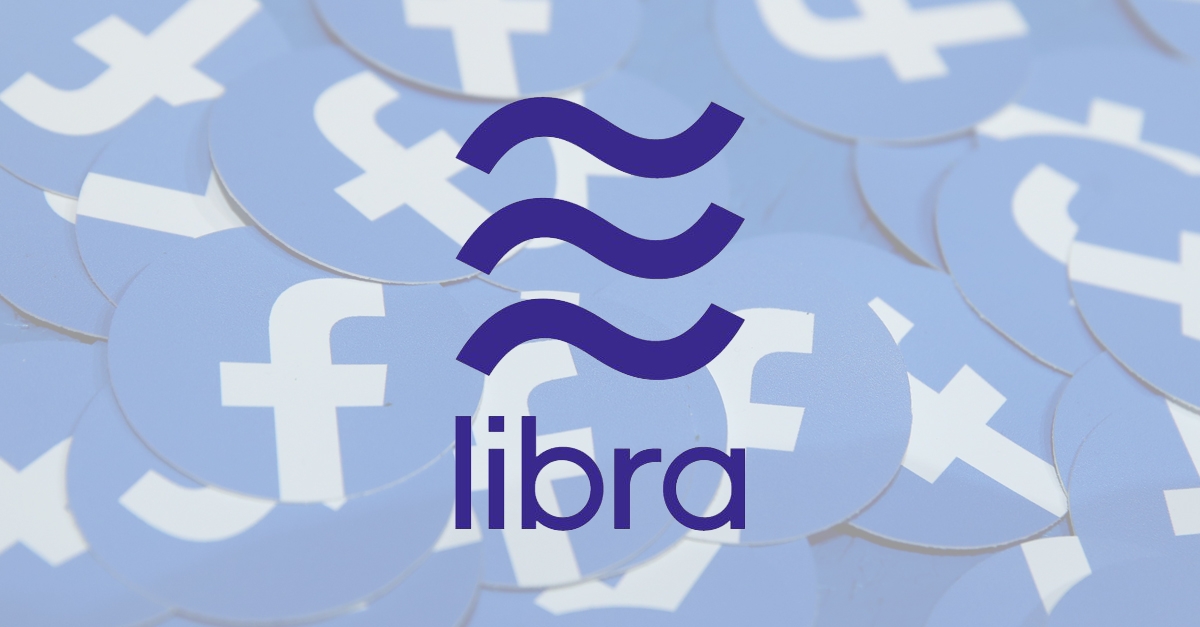
June 2019 witnessed the birth of another coin amidst hundreds of cryptocurrencies. Launched by Facebook (NASDAQ:FB); Libra gained instant fame. Claimed to be a cryptocurrency, Libra is not even close to being decentralized and concerns a lot of people about not being accountable to people it may affect.
According to Matthew Green, an associate professor at John Hopkins University, Libra uses blockchain technology and is more restricted in the way blockchain works. That makes it more of a digital currency rather than a cryptocurrency.
Co-founder of Ethereum and founder of ConsenSys, Joe Lubin describes Facebook’s Libracoin as "a centralized wolf in a decentralized sheep’s clothing." He further states,
“We are also all increasingly aware of how much money Facebook makes from our data. What happens when you wrap your personal finances up in this, too? That our digital identity will never merge with Libra’s financial data is a hard perception to shake. It is almost a given, even if they have the best of intentions – 'accidents' and incursions happen when relying on centralized architectures.”
From centralized to decentralized
Although Libra uses the same consensus algorithm as that of XLM and XRP, it is still centralized. That’s because it is permissioned and trusted. With plans to become permissionless and trusted in a few years, Libra may take the 13th place out of the 21 most decentralized blockchain.
So, what makes Libra centralized are four factors that concern most people interested in the coin.
1. The coin is permissioned and trusted
What this means is that only a few that disclose their full identity and pay $10 million, can be a validating node. Having only a few validating nodes makes the group homogeneous and more centralized. Being permissionless means that the network is open to anyone with no preliminary conditions or requirements to become a node. XRP has become permissionless and trusted from previously being permissioned and trusted. Libra being permissioned means only a few can keep track of the ledger and the trusted part of it requires the validating node to be trusted by other nodes before partaking in consensus. Facebook believes that being permissioned initially enhances the security of the network, however, that’s not very true.
This factor requires the node to reveal its information such as identity, location, name, and address and exposes the node to attacks such as phishing, hacking, social engineering, et al. Therefore, permissionless and trustless coins such as Ethereum and Bitcoin are safer and less susceptible to attacks.
2. A centralized governance
Being privately generated and governed, therefore, verification of transactions and governance of Libra lies in the hands of approved entities such as the managing director. The governance structure is less secure as it relies on human decision-making and emotions.
3. Homogeneous elite groups
The 28 founding members of Libra including Uber, Lyft, PayPal, Mastercard (NYSE:NYSE:MA), Visa (NYSE:NYSE:V), and eBay (NASDAQ:NASDAQ:EBAY) are elites and billion-dollar companies that can afford the $10 million requirement of Libra to run a node. This centralizes the network structure around powerful people who have the same interest.
Decentralization involves different interest groups to run nodes such that the power is not concentrated among one group. Libra being centralized with homogeneous groups will enable them to easily change agreements, governance or reverse transactions. Therefore, the decisions made will only serve the interests of these elites from the Fortune 500 list.
4. Reversible transactions
Apparently, the power to freeze transactions is vested in Libra, enabling influential groups, lobbyists and governments to persuade Facebook to freeze transactions and accounts.
5 years to transition from centralized to trustless
The permissioned and trusted blockchain envisions Libra to become permissionless and trustless in the coming five years. The company states that the main focus of the association is to research and implement the supposed transition working with the community and the transition is deemed to begin within five years of the public launch of Libra blockchain and ecosystem.
Conclusion
Essentially, Libra is centralized as of now. However, if the transition of Libra from centralized to decentralized is successful in the future, it would answer the question of whether decentralization needs to be inherent or it can enter the scenario at a later stage.
Moreover, we all are aware of how Facebook dominates social media with personal information of billions of users and the huge amount of money it makes from this data. With the launch of Libra coin, what is feared the most is whether our digital identity would be merged with our financial data and would Libra be accountable if that was to happen.
